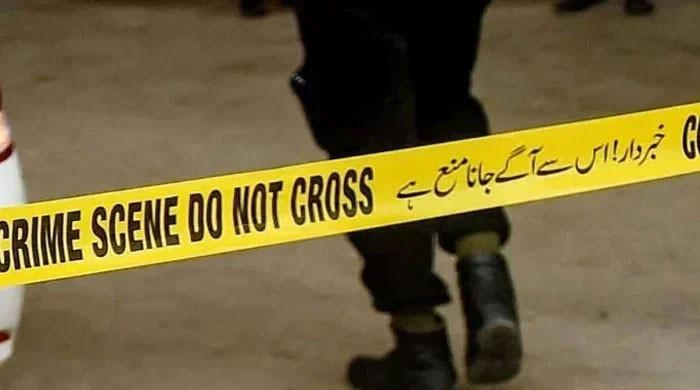COVID-19 hits business hard as Karachi sees worst Eid sales in history
Losses this year will be unprecedented, says All Karachi Tajir Ittehad Charman Atiq Mir
May 17, 2020
This year has been the worst in terms of Eid sales in Karachi in history, as the coronavirus pandemic continues to hamper business and economic growth. All Karachi Tajir Ittehad Chairman Atiq Mir thinks trading in the city this Eidul Fitr will barely cross the Rs10 billion mark.
Mir told The News that due to the economic slowdown last year, Karachi saw a sale of hardly Rs35 billion. However, he believes that the losses this year will be unprecedented.
He pointed out that some 40 major shopping malls of the city are being kept closed because they are centrally air-conditioned. “The novel coronavirus can spread quickly in centrally air-conditioned places.”
He said that business continues to suffer as 18 famous business points in Karachi, most of which have been closed due to violations of the standard operating procedures (SOPs) issued by the Sindh government.
The chairman of the traders’ association said there are hardly eight days left in Eid and they do not hope for any major breakthrough in the situation.
“We can’t expect to see any major buying now,” said Mir, explaining that the purchasing power of the people has plummeted. "90% of the purchasing these days is of baby garments,” he said, adding that people are only buying clothes for the children in their families.
“Apart from the children, generally, no elder in the family has gotten clothes stitched or purchased them readymade. Just because of the happiness of their children, limited families are purchasing clothes, as they don’t have any savings left due to the two-month lockdown.”
He demanded that the government increase the hours of trading after Iftar. “There’s less time left in Eid,” he said, adding that business hours allowed by the government from 6am to 4pm are a bit unreasonable and causing a rush of buyers.
“During the day, people feel suffocated in the market,” Mir pointed out. “If the hours are increased, shoppers will not throng the markets in large numbers.”
Meanwhile, Cloth Merchant Association President Ahmed Chinoy told The News that under normal circumstances, they were expecting an estimated trade of Rs5 billion before Eid. However, due to the lockdown, he expects trade of less than Rs1 billion, which is unprecedentedly low for Ramadan shopping.
Transport woes
All Pakistan CNG Association Chairman Ghayas Paracha said their operations have been adversely affected due to the lockdown, particularly in Karachi. “Delivery of goods in a limited time, transfer of orders and the purchasing power have been badly affected,” he said, pointing out that transport has been banned for over two months now.
He said that most of the transporters had buses on contract and used to pay some amount with interest to the owners. With the lockdown in place, the owners have taken away their buses and the CNG pumps are not getting any business either, he added.
Paracha said the pumps used to get monthly business from big companies, which have all gone out of business. As for Eid, the Pashtun community makes their way to upcountry from Karachi, he added.
“Khyber Pakhtunkhwa and Punjab have allowed transporters to ply their buses and they house over 70% of the country’s population,” he said, adding that the Sindh government should also follow suit. He pointed out that if transporters are allowed only a day or two before Eid-ul-Fitr to resume their businesses, the rush will be uncontrollable then.
When asked about compliance with the SOPs, Paracha claimed that no social distancing is being observed in markets, mosques or anywhere else across the country.
There are thousands of people associated with the transport industry and they have nothing to feed themselves due to the lockdown, he lamented. “They’re not even being helped financially.”
He stressed that transport across the city should be allowed to ply so that the public can benefit from the reduction in oil prices.
“One can’t understand the logic behind keeping markets open and transport closed,” he said, adding that if transport continued to remain closed, how will people return to their hometowns for Eid.
Originally published in The News











